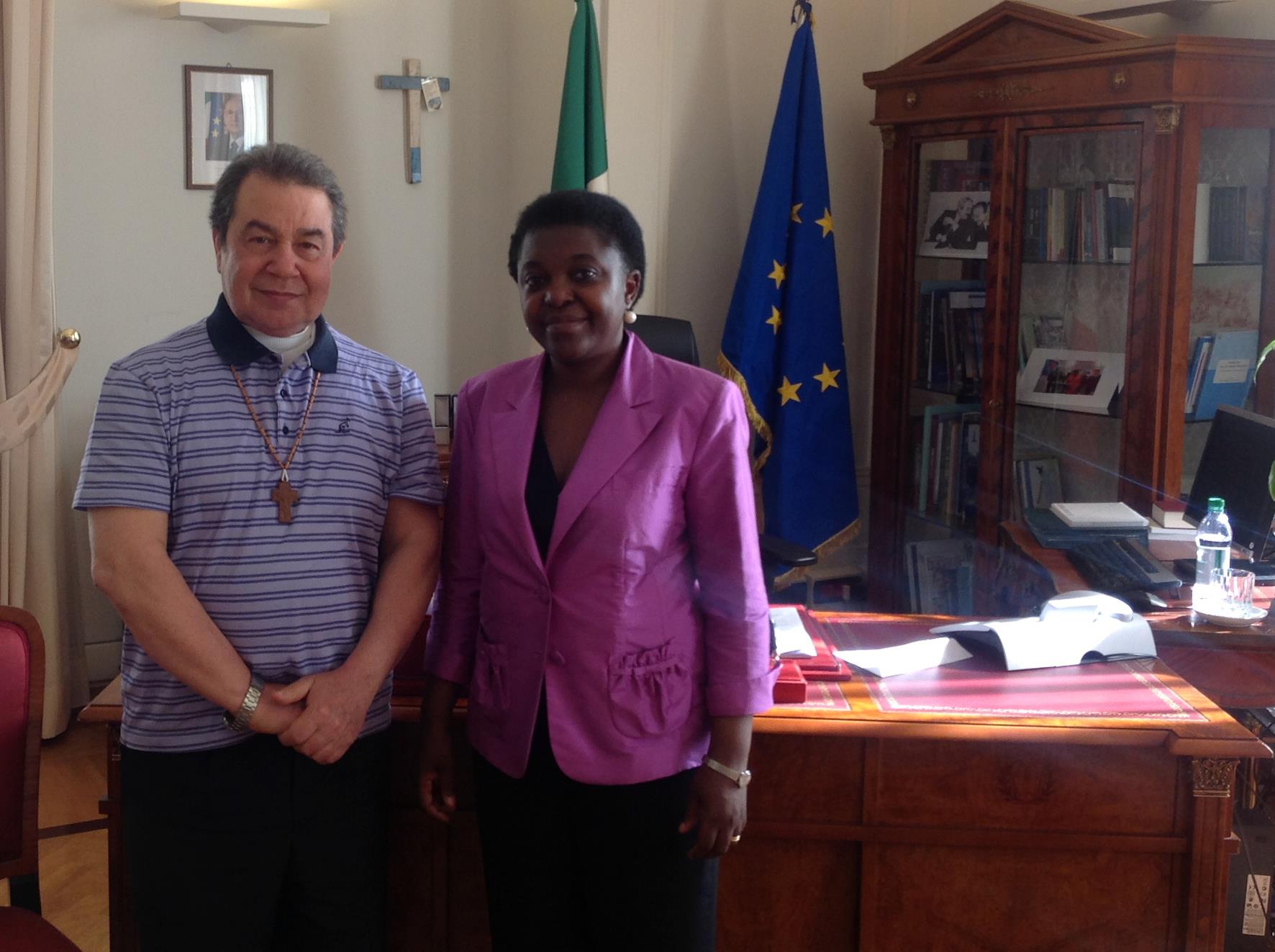We live in a time in need of “heroes of the future”. (FT. 202), as Pope Francis reminds us in the Encyclical Fratelli tutti (2020), especially in Chapter VI, which dismantles the notion of a global coexistence based on principles, paradigms and concrete choices that create “happy and fortified islands” only for a few, jealous of the standard of living achieved, ready to attack or prevent any aggression by billions of people who are excluded from the possibility of living a worthy life.
This way of organising coexistence in a home, which we call common, cannot and must not continue. The discrimination of the vast majority of the world’s population in favour of a small part of humanity cannot be accepted. We jeopardise the future without a path to social peace between people and among peoples, which is only possible if we adopt a lifestyle that promotes social friendship.
The fundamental key to living this social friendship is dialogue, with its peculiarities and initiatives to be taken. “In a pluralistic society, dialogue is the best way to realize what ought always to be affirmed and respected apart from any ephemeral consensus” (FT 211).
The aim is to forge a ‘social pact’ but also a ‘cultural pact’. While on the one hand it is necessary to promote the dignity of each person (FT 207) and the safeguarding of the common good, it is equally necessary to be open to the analysis of reality and human and social coexistence with differentiated approaches. One cannot accept as the technical-scientific paradigm of analysis as the sole and exclusive way; as the only determining way, belittling the moral value of choices and the characteristics of justice, and favouring one’s own interests.
The Pope rightly warns that “social peace demands hard work, craftsmanship” (FT 217). Dialogue is a way of life that is expressed in the art of encounter (FT 215), with concrete steps to take and attitudes to adopt. The “dialoguing realism” (FT 217) for living social friendship is described by Pope Francis with a series of verbs of movement and proximity: “Approaching, speaking, listening, looking at, coming to know and understand one another, and to find common ground: all these things are summed up in the one word dialogue (FT 198).
But it is also necessary to convince oneself not to take one’s cultural identity in a monolithic sense, but to be willing to renounce certain aspects in view of the common good. In fact, fidelity to the observance of one’s own principles must recognise that the other has the same right to remain faithful to his or her own.
If the key to social peace is dialogue, the approach will be kindness, which is not to be taken as a bourgeois attitude and façade, but as an expression of trust in the other, in fact: “frees us from the cruelty that at times infects human relationships, from the anxiety that prevents us from thinking of others, from the frantic flurry of activity that forgets that others also have a right to be happy (…) Precisely because it entails esteem and respect for others, once kindness becomes a culture within society it transforms lifestyles, relationships and the ways ideas are discussed and compared. ” (FT 224).
Pope Francis’ suggestions are addressed to all humanity, but especially to the West and the European continent, which is increasingly organised as a fortress and indifferent to the suffering of the rest of humanity. The print and multimedia news daily report of rejections, exclusions, shipwrecks, walls that hinder the movement of people. The Mediterranean Sea, already called ‘Our Sea’ by the Romans, has now become a graveyard of barges and migrants. This is why we need a jolt of shame and a renewed commitment to a new evangelisation for the whole European continent.
This will be one of the objectives of the event scheduled in Florence from 19 to 27 February 2022, which will bring together Bishops and Mayors from Europe, the Middle East and North Africa, which overlook the Mediterranean, not as a barrier of division and exclusion, but as an opportunity for exchange and mutual aid for the construction of social peace; to make the Mediterranean a frontier of peace.
All missionaries are invited to spend ever more themselves and better support and encourage those people that Pope Francis calls “heroes of the future”, who “can break with this unhealthy mindset and determine respectfully to promote truthfulness, aside from personal interest.” (FT 202).
But not only that! The mission in Europe calls all the churches of the Continent to the promotion of inter-religious dialogue, intercultural dialogue, dialogue between persons and between generations. A sincere dialogue with all people of good will who dream and strive for the realisation of an inclusive world, welcoming and respectful of differences; social friendship at the service of life in abundance for all.



